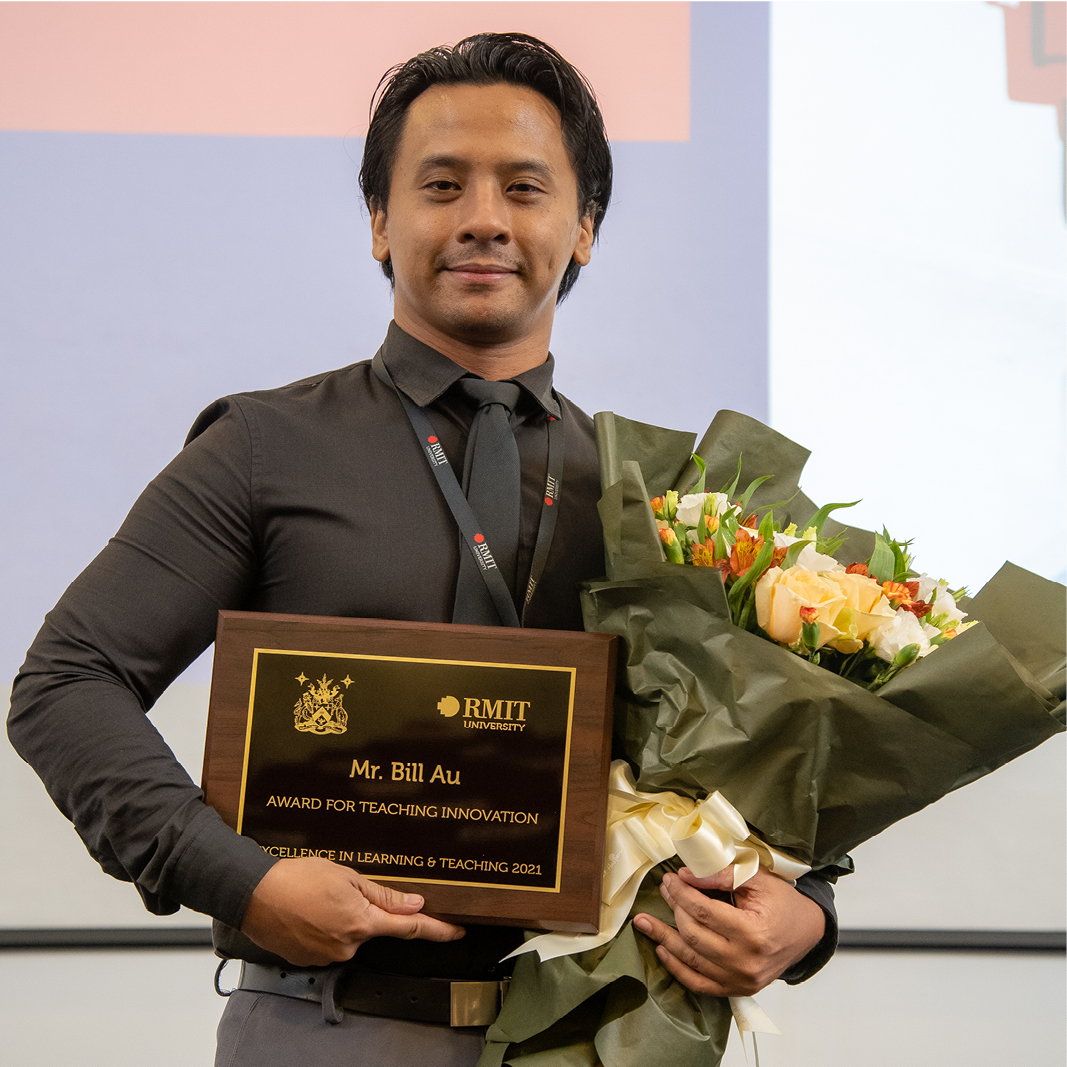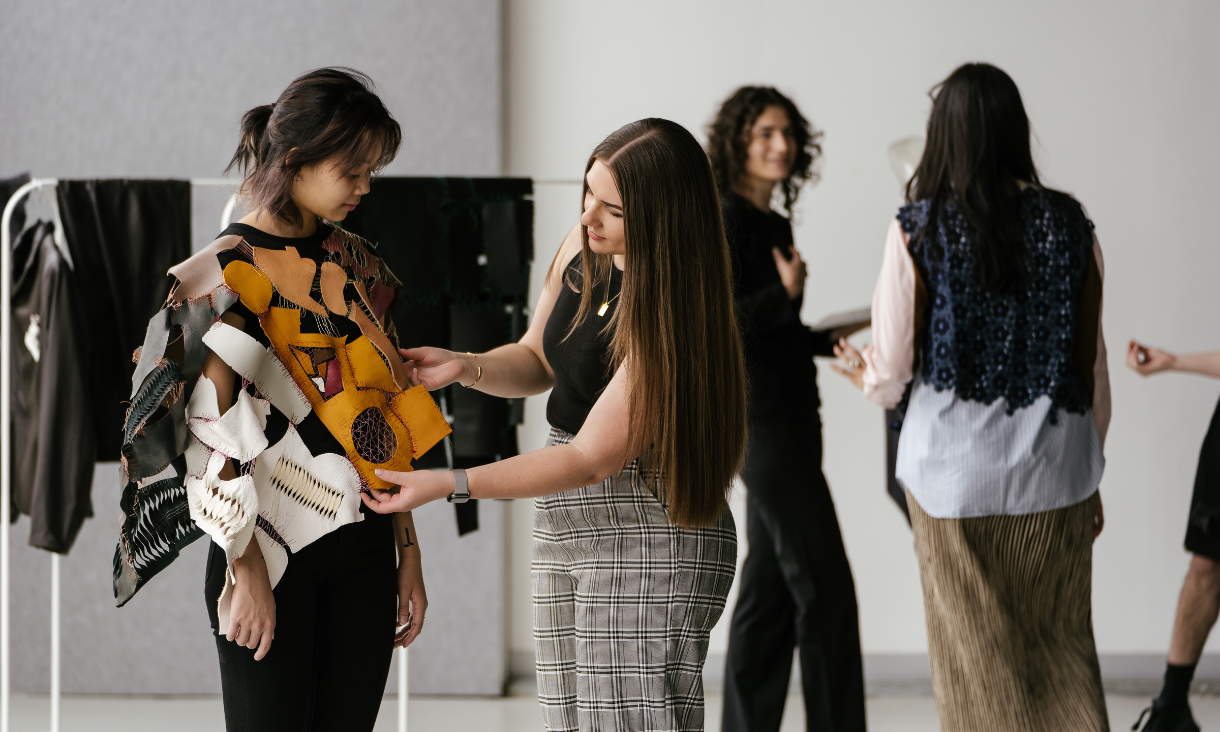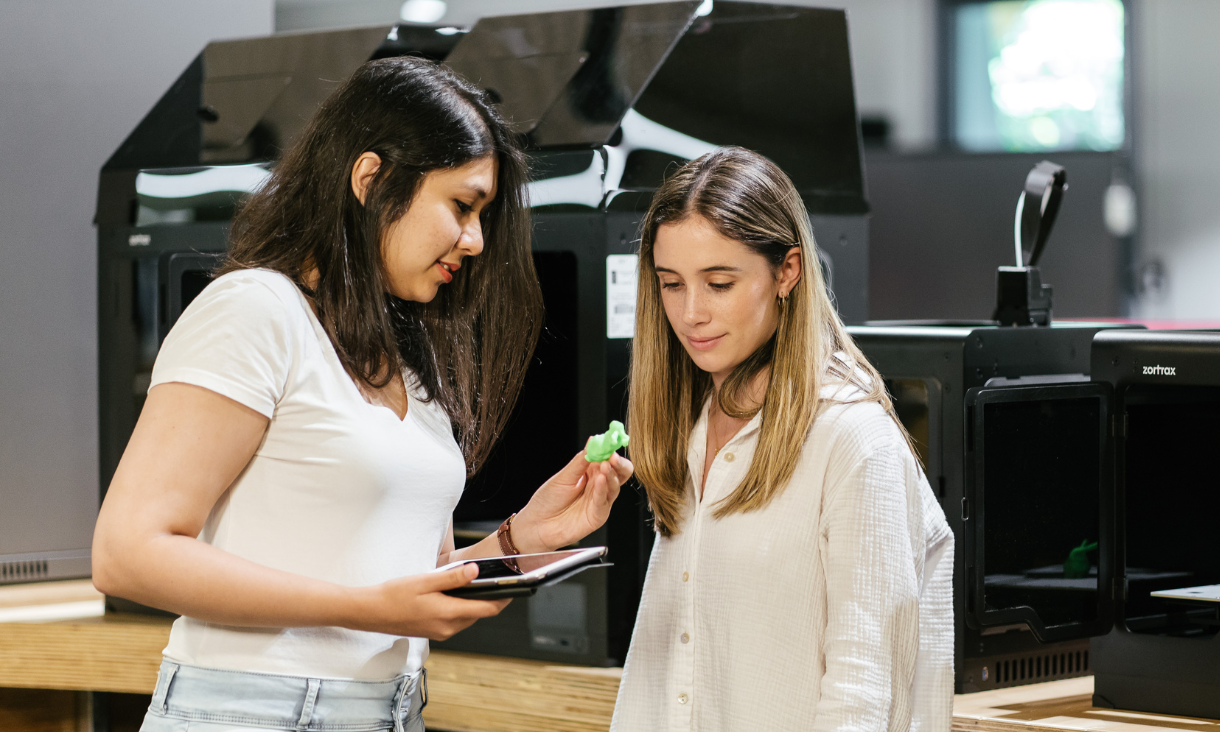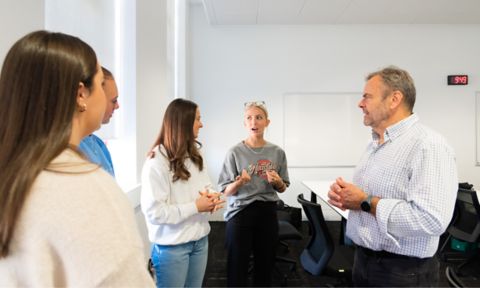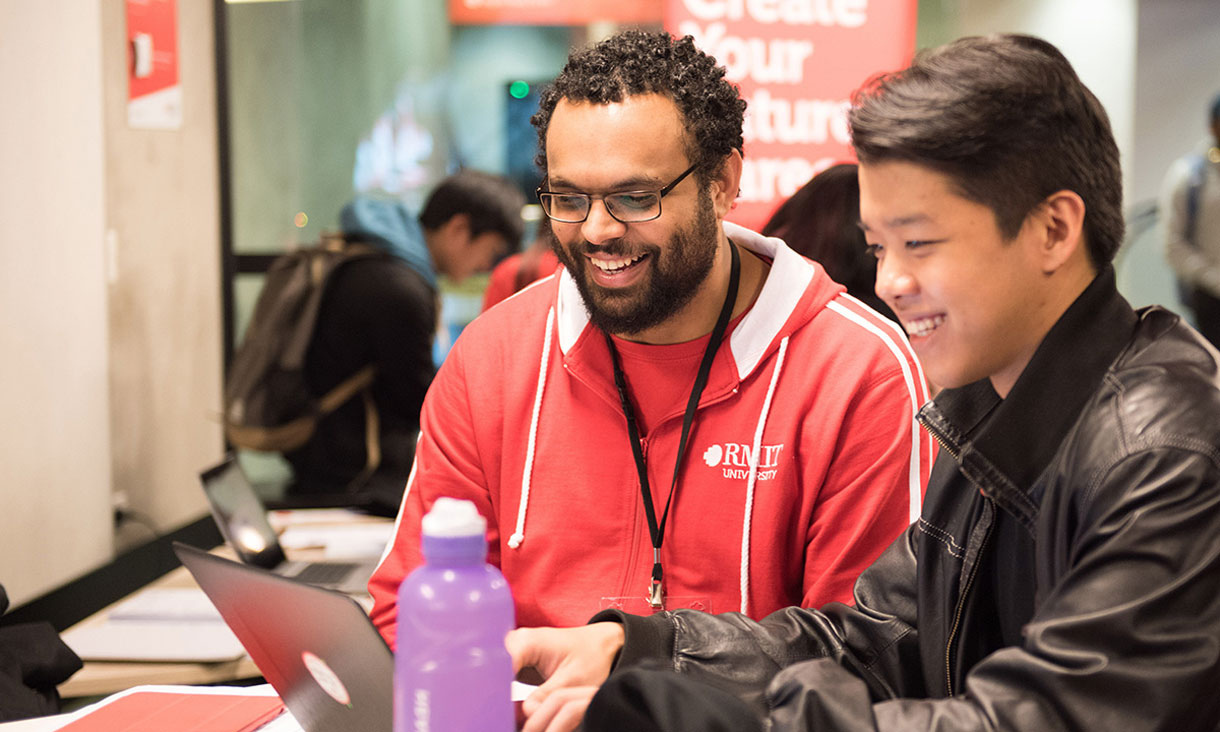Outside of class, Bill strives to maintain and enhance the sense of teacher presence by developing a content engagement roadmap and scheduling the content to be released throughout the semester before semester starts. This ensures a base-level teacher presence which is then bolstered by ad-hoc announcements, content and engagement.
He also nurtures social presence using discussion activities that mimic social media mediums such as TikTok where students can post short video responses to topics and respond to each other using Flipgrid.
Beyond student engagement in the classroom, Bill is very aware of the rapidly changing information and digital landscape, and the need to consider how he can add value as an academic and lecturer to help our students become competitive graduates. Now that digital literacy is a must-have in all industries and sectors, it is also a must-have in the classroom experience and that starts with engaging students where they are.
Our students are used to consuming information through omni-channels and then they are coming to lectures and watching someone talk for three hours. I'm not sure that resonates with them anymore and definitely not industry.
Molding industry-ready graduates who are on the frontlines of innovation in their industry means that educators need to be innovative as well.
"If you look at the world around them, everything is super fast, everything is changing. You’ve got the metaverse and non-fungible tokens and all of this stuff that they're soaking up like a sponge. When they come into our classroom and we're still quite rigid – it’s face-to-face and that's it – I feel like we're falling behind the times."
We should be in a state where studying online or face-to-face shouldn’t be an either-or situation. We have the technology to allow fluid transition from either mode without disrupting learning or collaboration and maintaining continuity.
After over 10 years of seeing what’s possible in online teaching, Bill’s biggest take away for other educators is to start experimenting with what’s out there. He encourages educators to just jump in and see what they can do.
“Think about what you want to do in the classroom and search for the tools that will help you do it. Start playing around, you'll find that it's actually very easy to pick up,” Bill said.
We always talk about how students need to be lifelong learners, but we need to take a page out of the same book. We as academics don’t always explore the possibilities and we are missing out on what’s actually possible.
"I think every academic needs to be able to keep on top on of what's on the technological horizon because that's the only way we're going to be able to continue to provide value to students."

